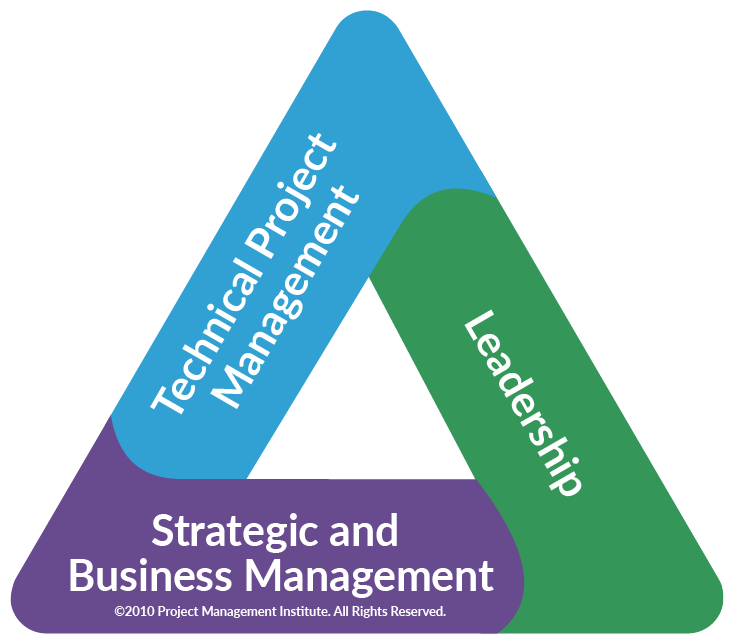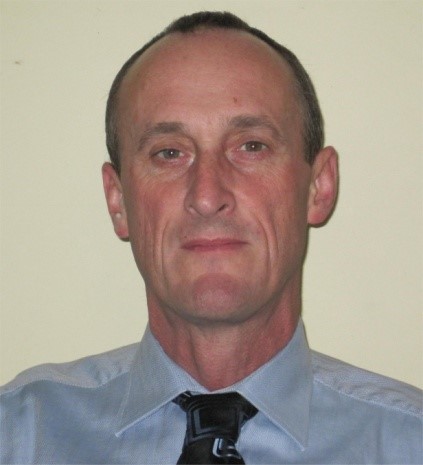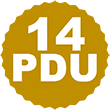Workshop Focus:
Understand the principles and practice of effective communication in a Virtual / Online setting
Assess how you communicate and what the skill gaps are; then practice improvements
Design and deliver powerful & concise messages and practice with peers
Learn how to effectively communicate in a range of typical situations, such as team meetings, reporting, persuading, negotiating and resolving issues
Leverage the effectiveness of your interaction with other virtual parties, whether they be customers, senior managers, team members or other stakeholders
Overview:
In today’s volatile, uncertain, complex and ambiguous business world, successful organizations are those that have the leadership and the skills to adapt rapidly.
Recent events have brought this forcefully home
To add to the challenges, we live in a project-driven, complex and global business environment, in which the traditional hierarchical lines of structure, authority and reporting no longer have the central importance that they once had. Instead, successful companies have realized that project-based teams spanning networks across functional, global, and seniority divides are required if they are to meet the ever-increasing challenges of delivering high complexity projects on time and in a competitive environment.
Whereas once technical skills were sufficient, recent reports have highlighted communication skills, as one of the biggest skills gap experienced by today’s Project Team. And the reality is that this communication is of necessity now largely in the virtual world.
This workshop is designed to address that skills gap, and provides participants with not only solid knowledge, but practical communication tools, techniques and skills that they can use immediately.
Why attend this course if you are a Project / Program Manager?
The biggest skills gap faced by programs and projects in this complex and global business world is communication. Project managers spend 90% of their time communicating, and there is a direct correlation between excellent communication and project success. For projects to be successful, managers need to adapt quickly and efficiently to challenges and opportunities presented by this new and required virtual communication environment. This course gives project and program managers the skills to do this.
Why attend this course if you are an Engineer or other Technical Specialist?
It has been said that ‘communication’ is what is understood by your audience. And unfortunately, messages are often lost or misunderstood during the process of communication. Great communicators have the critical skills necessary to ensure not only that the intended message is understood, but also that the message is persuasive. The virtual communication world presents additional challenges, but also opportunities for those with the skills and the confidence to adapt to it. This course provides you with the essential skills and practice so that you are confident in using them.
What are the Business Benefits for your organization?
Poor communication is a common feature of failing projects and programs. And communication is not just words –communication must also persuade, negotiate, resolve conflict, get stakeholders on side, convey powerful messages. Virtual communication presents additional challenge, but it also presents opportunity for the organizations able to quickly adapt to the new environment. This course will give your teams the confidence and skills that they need to effectively and successfully communicate in our new virtual world.
Who Should Attend this Workshop?
∙ Project / Program Managers
∙ Project Team Members
∙ PMO Leads
∙ All others interested in improving their communication skills in both face-to-face and virtual environment
 This workshop awards 14 PDUs to PMP® certified and other PMI® credential holders
This workshop awards 14 PDUs to PMP® certified and other PMI® credential holders
| CREDENTIAL |
PMP® |
PgMP® |
PfMP® |
PMI-ACP® |
PMI-PBA® |
PMI-RMP® |
PMI-SP® |
| Technical Project Management |
0 |
0 |
0 |
0 |
0 |
0 |
0 |
| Strategic & Business Management |
0 |
0 |
0 |
0 |
0 |
0 |
0 |
| Leadership |
14 |
14 |
14 |
14 |
14 |
14 |
14 |
| PDU Total |
14 |
14 |
14 |
14 |
14 |
14 |
14 |
Key Facts about this Virtual Instructor-Led Workshop:
1. Takes place in an online space and in real time. By using
Zoom® it is possible to mimic the physical classroom environment almost entirely, while adding a layer of learning experience not common in a physical class setting.
2. Flawless technical functionality. While there is no replacement for the fresh coffee & croissants you get on a physical event, Zoom® offers a rich set of user-friendly features.
3. No software installation required. The platform works with every major browser and requires no administrative rights. This is important for people who use corporate laptops, with increased security management and do not have administrative permissions to install software or apps on their computers.
4. Low bandwidth. Zoom® requires very low bandwidth, even with FHD live video-stream enabled. This functionality allows for crystal clear picture quality and uninterrupted sessions, which is absolutely essential for a quality virtual training delivery.
5. Rich & fun learning environment. In addition to the omnipresent PowerPoint, virtual offers additional tools, that make this type of training engaging and fun. For example, a chat-box that participants can use to communicate with each other, without interrupting the presenter or others. A Break-Out rooms feature, allowing for focused work-tasks in micro-teams. Ability to demonstrate to the group virtually anything, by using the screen-share functionality.
6. Greater interaction between participants. In the virtual environment, you can send questions to the instructor via chat-box tool and communicate with other participants without interrupting the presenter’s flow. This way you allow the presenter to instantly react to your questions, without having to interrupt the flow. Instead, the instructor sees the question in a pop-up and reacts accordingly.
7. Resembles real-life better than a physical classroom. By doing everything virtually, participants not only learn the subject of the training course, but also practice to work virtually as a team, which is an added benefit, compared to a physical classroom training. This way, the class is more directly linked to the real job.
8. Use of real-world / real-projects data. Virtual workshop is much more likely to use examples from participants’ real business / projects. For example, instead of using ‘post-it-notes’ to create a simple project schedule, in a virtual training participants will typically work on a real project schedule using screen-share functionality to demonstrate a schedule for a real project they’re currently working on. By doing so they can improve this schedule based on their new skills. Thus, this type of exercise directly helps participant’s real business and goes way beyond a simple training exercise.
9. Virtual setting removes barriers. In a physical classroom some people will be always reluctant to be “put on the spot” and may feel a nuisance having to present in front of a group. This barrier may not be completely eliminated in a virtual training, but it is significantly lesser, with people generally feeling more relaxed.
10. Significantly lower cost. Not having to account for major cost items, such as a conference room rental, food & drinks, airfare, hotel accommodation and (international) travel allows us to dramatically lower the fees we otherwise charge. In some cases, the price of attending a virtual class vs. physical one may be as much as 50% lower.
Register

 This workshop awards 14 PDUs to PMP® certified and other PMI® credential holders
This workshop awards 14 PDUs to PMP® certified and other PMI® credential holders 



